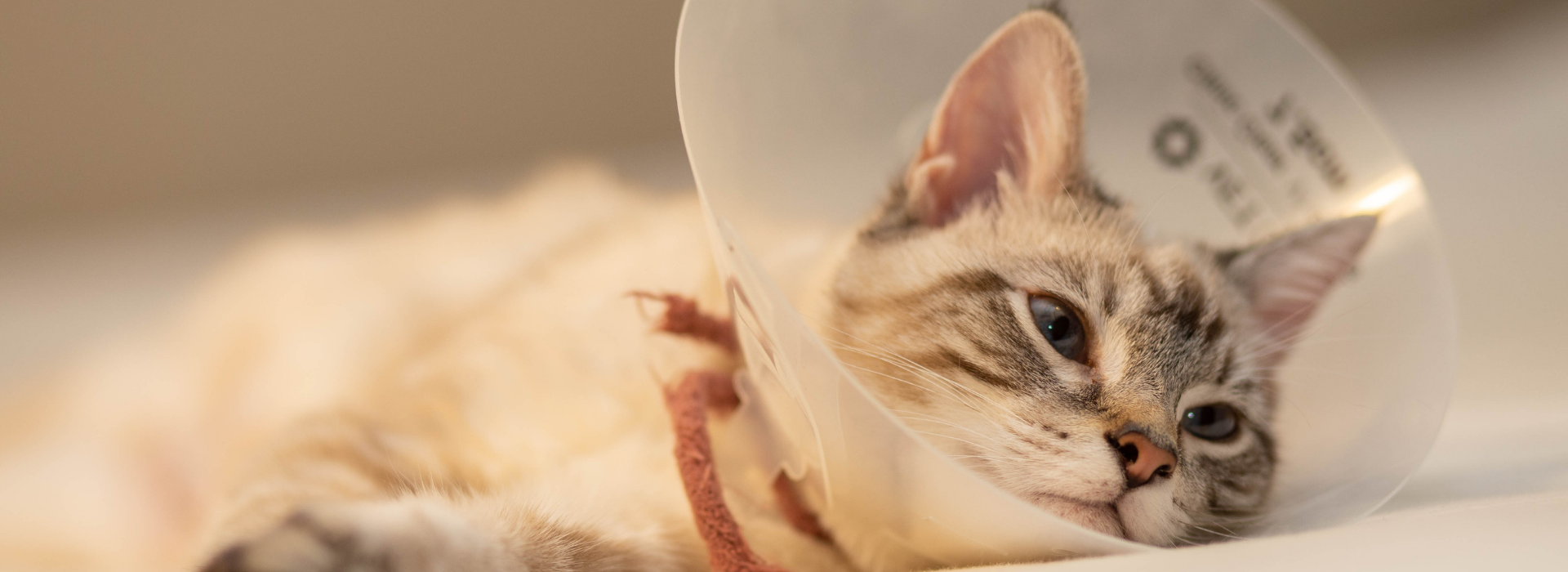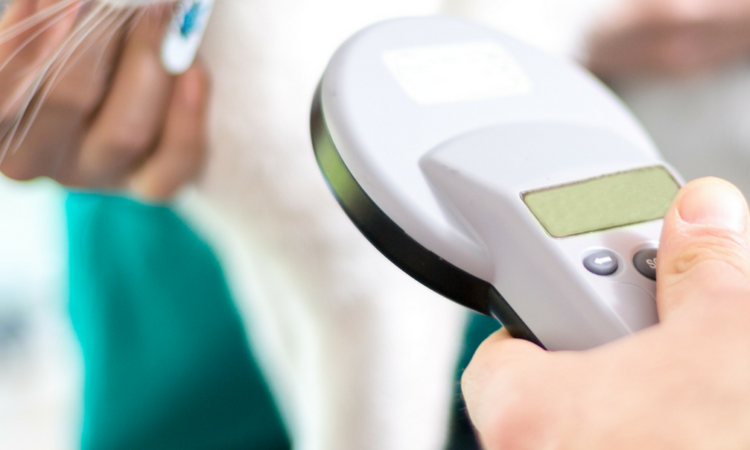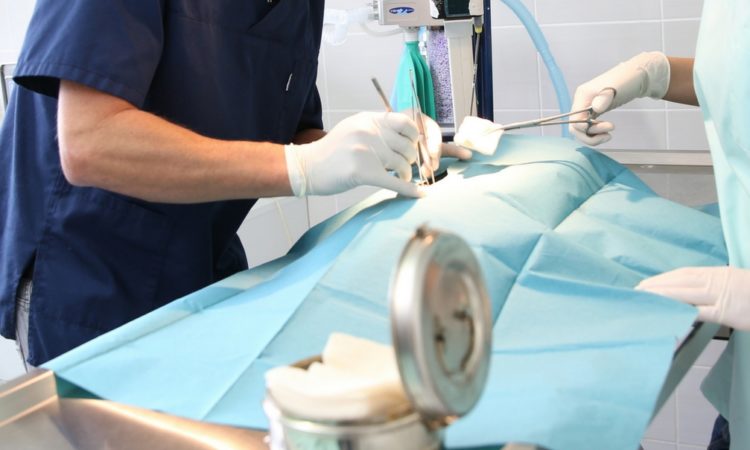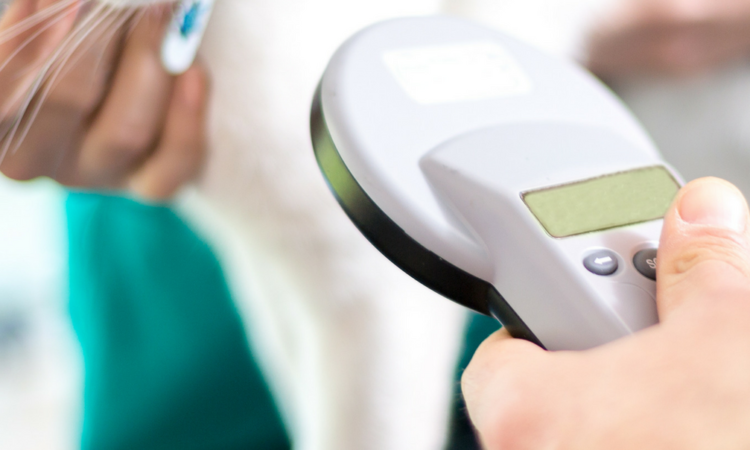Spaying or neutering your pet not only helps reduce overpopulation and the spread of disease but can also have several health and behavioural benefits. You are welcome to call us at 604-885-2309, we would be happy to answer any questions or concerns you may have about these procedures.
When should I spay/neuter my pet?
Cats usually get spayed or neutered around 6 months old. The age to spay/neuter is a bit more complicated for dogs as it depends on several factors such as their breed, size, and sex; as a general rule small breeds can be spayed or neutered around 6 months old, but giant breeds should wait until 18-24 months. One of our veterinarians will be able to guide you with a more specific recommendation for your pet. In their adult life, the procedure can be safely performed at any time provided they are healthy. If you would like to discuss your options or have any concerns, our veterinarians would be happy to walk you through the process during your pet’s next veterinary exam.
What happens during spaying and neutering surgery?
During the procedure, we will surgically remove the reproductive organs of your pet through an incision. Spaying involves removing the female’s uterus and ovaries while the male’s testicles are removed during neuter surgery. The process is relatively painless, as general anesthesia is administered for both procedures to make sure they are as comfortable as possible. After the surgery is done, we will closely monitor them as they rest and recover from the anesthesia and manage any pain they may be experiencing.
Why should I spay and neuter my pet?
Other than preventing reproduction, the procedure offers a range of health benefits for your pet. Spayed and neutered pets are less likely to develop diseases such as ovarian or testicular cancer and can experience positive behavioural changes such as reduced aggression and barking which are usually heightened during their heat cycle.






